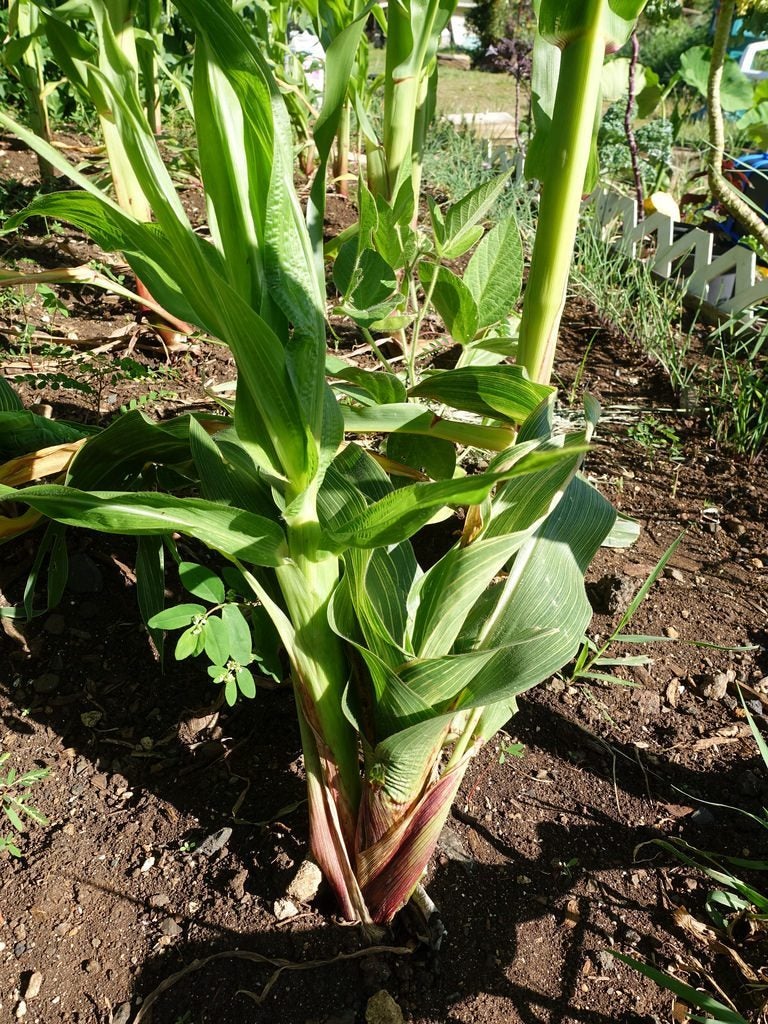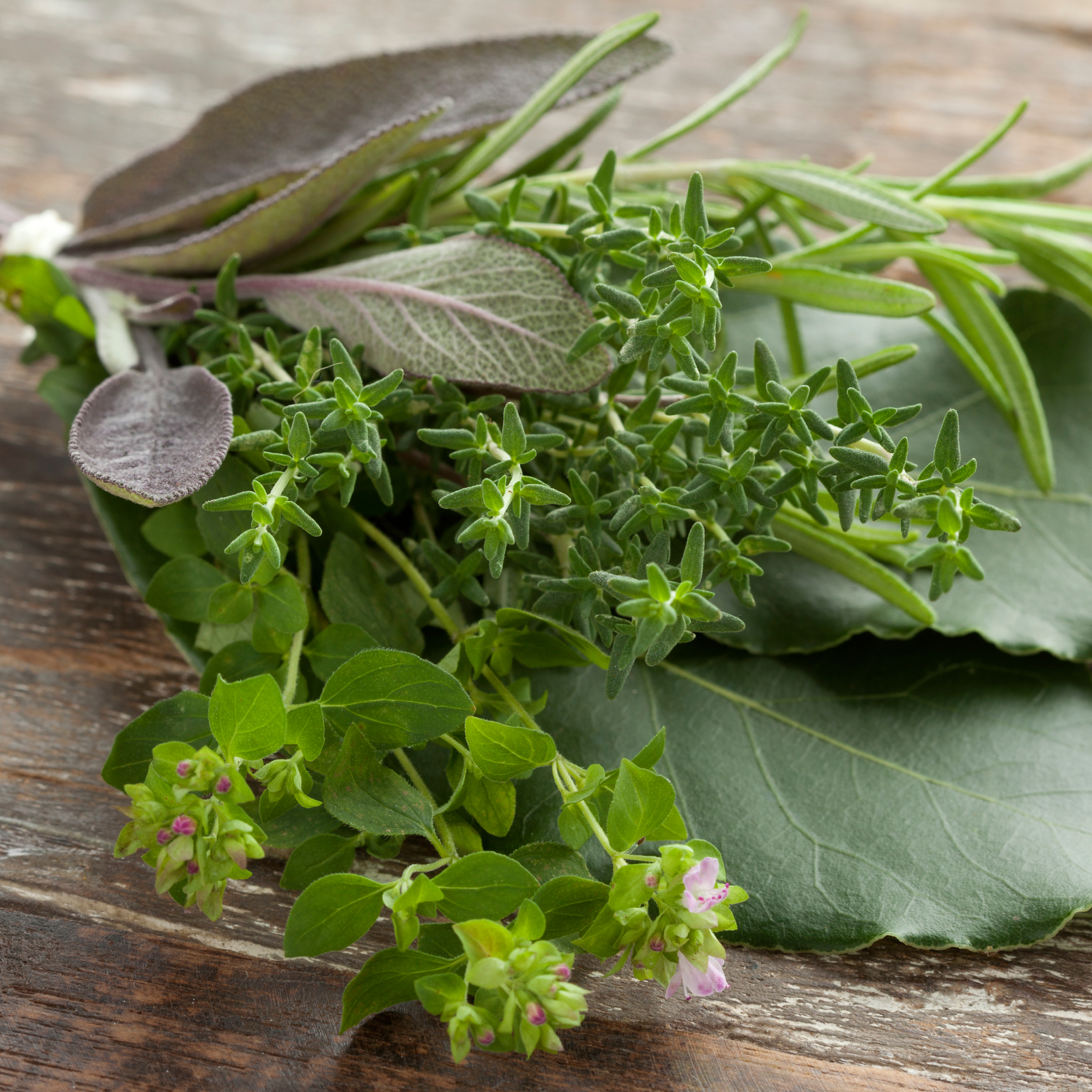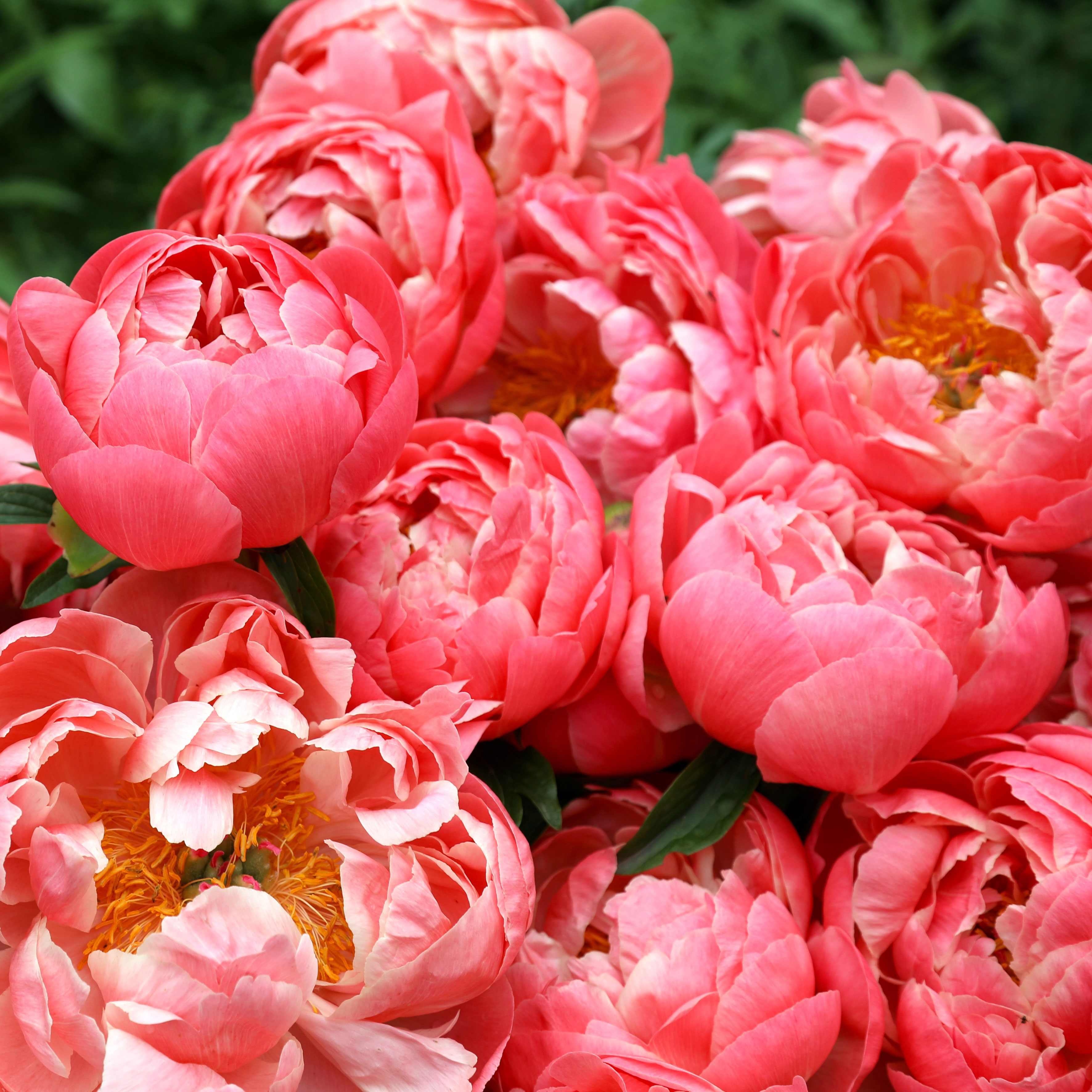Mosaic Virus Of Maize Plants: Treating Plants With Dwarf Mosaic Virus


Maize dwarf mosaic virus (MDMV) has been reported in most regions of the United States and in countries around the world. The disease is caused by one of two major viruses: sugarcane mosaic virus and maize dwarf mosaic virus.
About Dwarf Mosaic Virus in Corn
Mosaic virus of maize plants is transmitted rapidly by several species of aphids. It is harbored by Johnson grass, a troublesome perennial grass that plagues farmers and gardeners across the country. The disease may also affect a number of other plants, including oats, millet, sugarcane, and sorghum, all of which can also serve as host plants for the virus. However, Johnson grass is the primary culprit. Maize dwarf mosaic virus is known by various names including European maize mosaic virus, Indian maize mosaic virus, and sorghum red stripe virus.
Symptoms of Dwarf Mosaic Virus in Corn
Plants with maize dwarf mosaic virus typically display small, discolored specks followed by yellow or pale green stripes or streaks running along the veins of young leaves. As temperatures rise, entire leaves may turn yellow. However, when nights are cool, affected plants display reddish blotches or streaks. The corn plant may take on a bunchy, stunted appearance and usually won’t exceed a height of 3 feet (1 m.). Dwarf mosaic virus in corn may also result in root rot. Plants may be barren. If ears develop, they may be unusually small or may lack kernels. Symptoms of infected Johnson grass are similar, with greenish-yellow or reddish-purple streaks running along the veins. Symptoms are most apparent on the top two or three leaves.
Treating Plants with Dwarf Mosaic Virus
Preventing maize dwarf mosaic virus is your best line of defense. Plant resistant hybrid varieties. Control Johnson grass as soon as it emerges. Encourage your neighbors to control the weed too; Johnson grass in the surrounding environment increases the risk of disease in your garden. Check plants carefully after an aphid infestation. Spray aphids with insecticidal soap spray as soon as they appear and repeat as needed. Large crops or severe infestations may require use of a systemic insecticide.
Gardening tips, videos, info and more delivered right to your inbox!
Sign up for the Gardening Know How newsletter today and receive a free copy of our e-book "How to Grow Delicious Tomatoes".

A Credentialed Garden Writer, Mary H. Dyer was with Gardening Know How in the very beginning, publishing articles as early as 2007.
-
 How To Make A Bouquet Garni Or Herb Bundle For Cooking
How To Make A Bouquet Garni Or Herb Bundle For CookingIf you’re a great cook, you may have made an herb bundle before. If this is a new idea, learn how to add sparkle and interest to your dish with a bouquet garni.
By Amy Grant
-
 ‘Coral Charm’ Peony Care For Sublime Semi-Double Peonies With Lush Salmon Pink Flowers
‘Coral Charm’ Peony Care For Sublime Semi-Double Peonies With Lush Salmon Pink FlowersPeonies are known for their soft baby pink or magenta tones, but if plushy coral blooms are your thing, here’s our guide to the ultimate ‘Coral Charm’ peony care
By Tonya Barnett